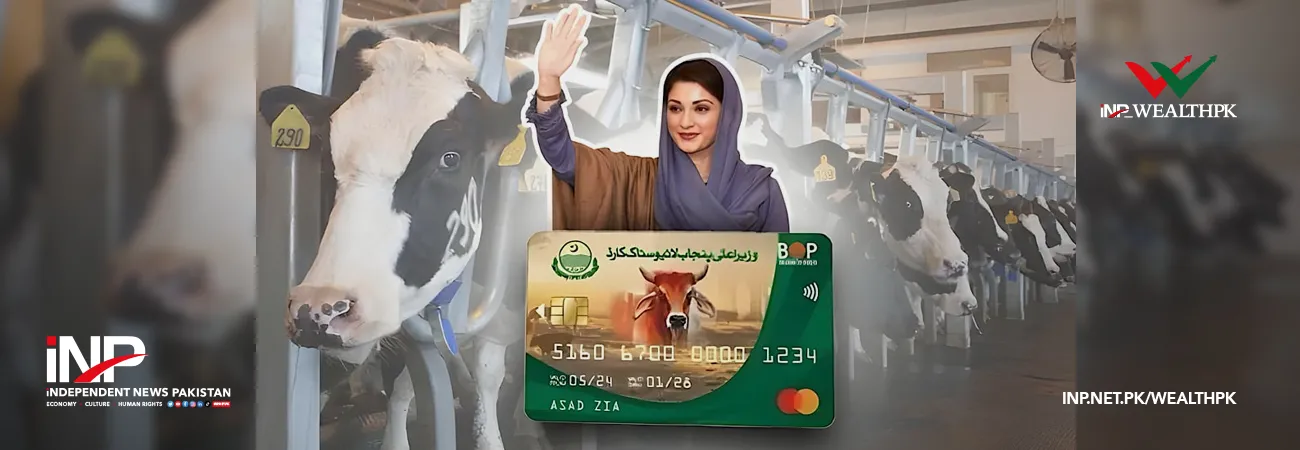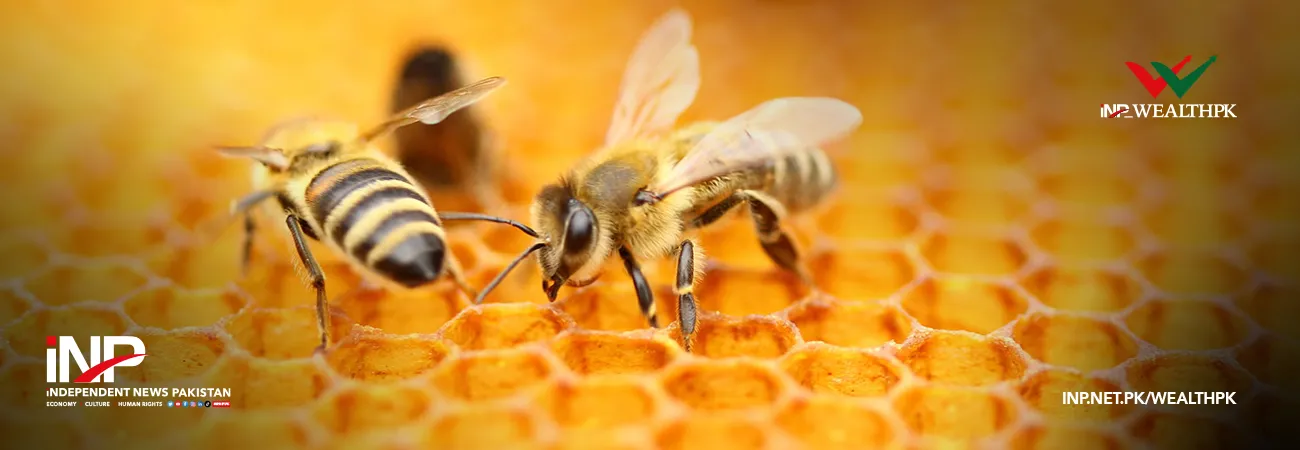INP-WealthPk
Muhammad Saleem
The Livestock Card, launched by the Punjab government for rural women, will breathe new life into rural economy and enhance food security. Dr Ahmed from the University of Agriculture Faisalabad, told WealthPK that the provincial government was making efforts to empower the rural women. He said that women in rural areas were no strangers to hard work and were capable of contributing significantly to the local and national economy.
He said that the government had rolled out this initiative in Vehari, Layyah, Bahawalpur, Multan, Khanewal, Lodhran, Bahawalnagar, Dera Ghazi Khan, Muzaffargarh, Rajanpur, and Kot Addu. Ahmed urged the government to expand the scope of this programme to all the rural areas of the province to empower women and make headway in the livestock sector. He noted that the rising demand for cow and buffalo milk presented a golden opportunity, and rural communities should cash in on this.
“A comprehensive strategy should be evolved to provide essential services like free insemination, high-quality vanda, and silage quality testing,” he said, adding that maintaining the health of animals was imperative for productivity. “Without prioritising their health and diet, women will not be able to earn easily.” “We need to increase milk and meat production to meet the growing demand at home and abroad. Exporting these products can bring Pakistan substantial foreign exchange,” he added.
Meanwhile, Mr Hameed, an official of the livestock department, told WealthPK that the Punjab government was committed to empowering rural women. Under this plan, he said as many as 11,000 destitute women across 12 districts of South Punjab would benefit. He said the government had allocated Rs2 billion for this scheme, and Chief Minister Maryam Nawaz was personally supervising the project to ensure dignified employment for rural women.
He stressed that without giving women a fair share, their economic independence could not be ensured. As part of the plan, he said that the government would provide livestock free of charge to the selected women to enable them to become self-reliant. Naeem Iqbal, a farmer, hoped that the Livestock Card initiative would create a positive impact on rural economies.
He explained that by nurturing livestock, rural women would be able to generate income through milk and meat production. Emphasising the value of a buffalo, he pointed out that a single dairy buffalo could produce up to 12 litres of milk daily, enabling a woman to earn Rs2,000 a day. He said the income would not only strengthen the financial position of her family but also ensure continuous economic activity.
“When women have money, they will naturally pump it back into their communities by spending on goods and services,” he added. Besides, Iqbal stressed that financially independent women were key to their children’s well-being, education and health. “Through this project, we can expect a marked improvement in the overall quality of life in rural areas.”
Credit: INP-WealthPk













